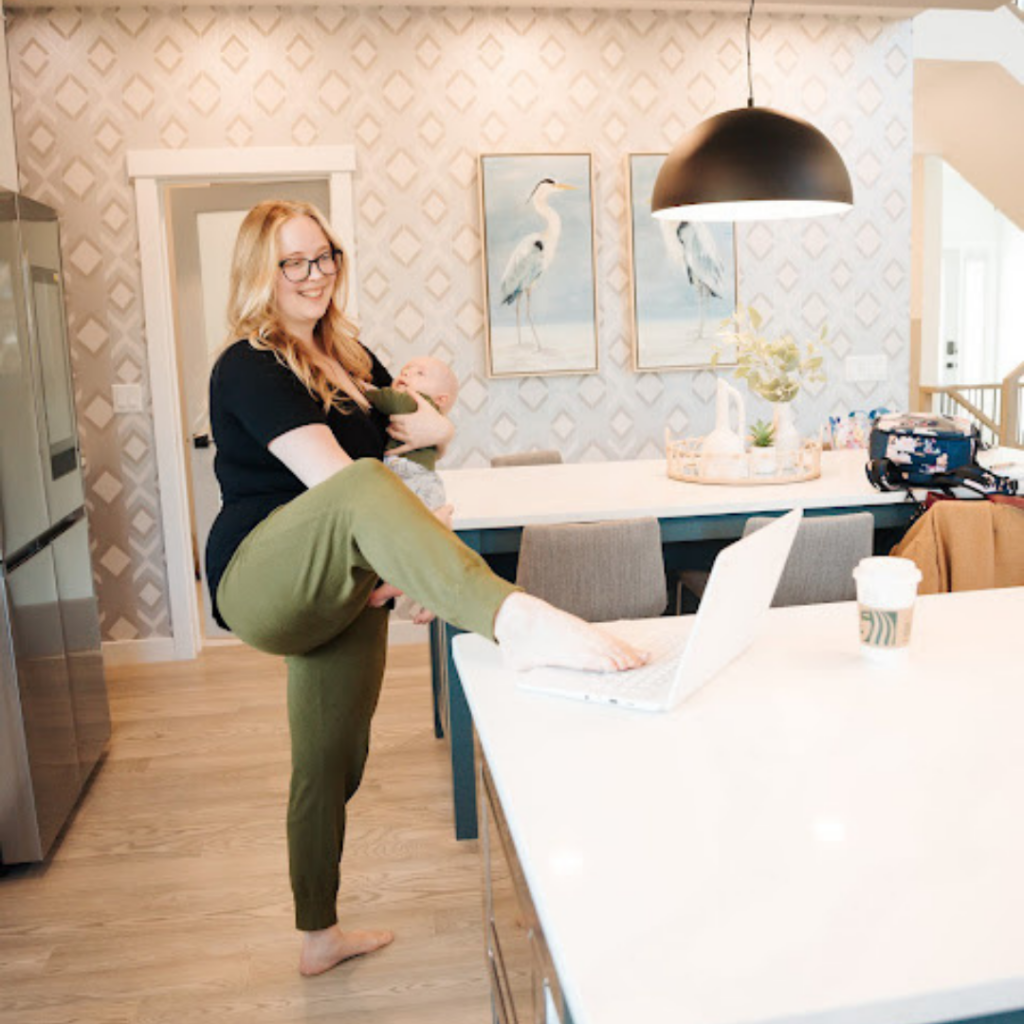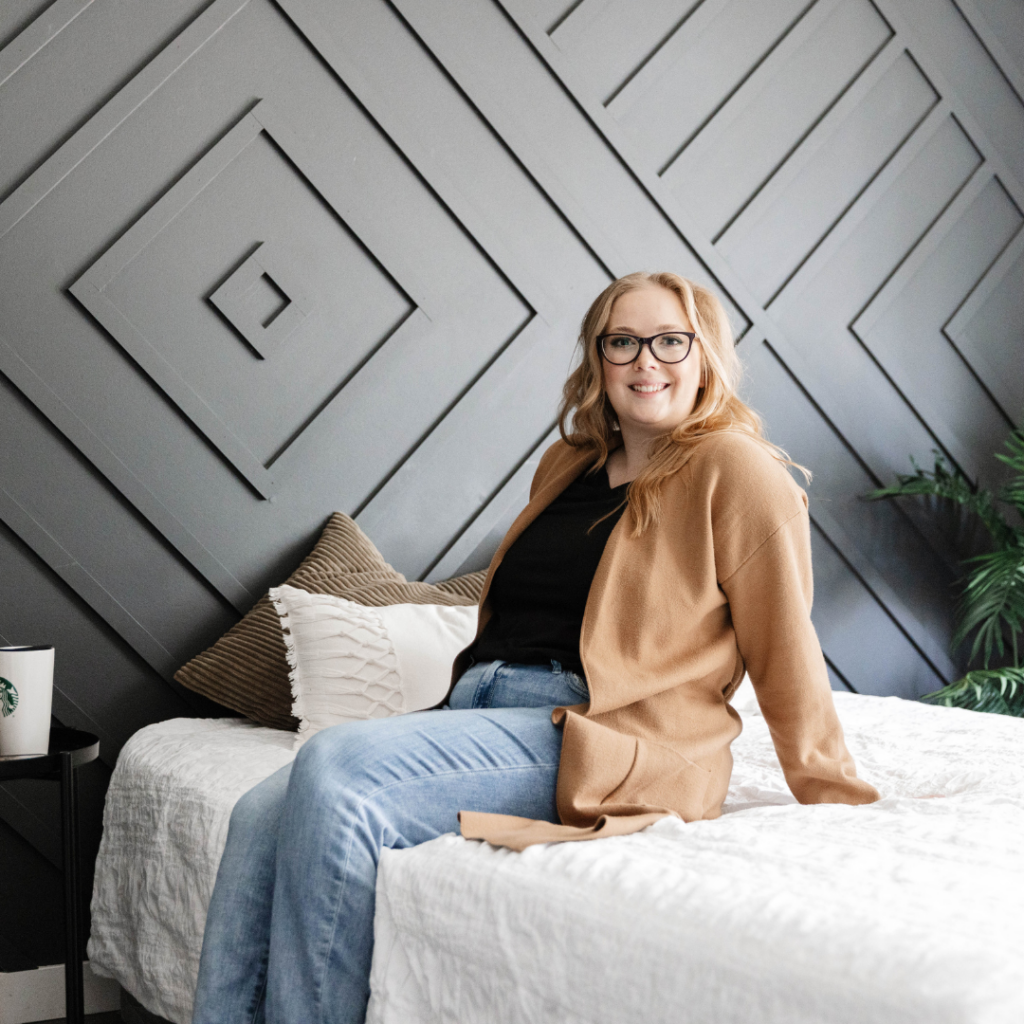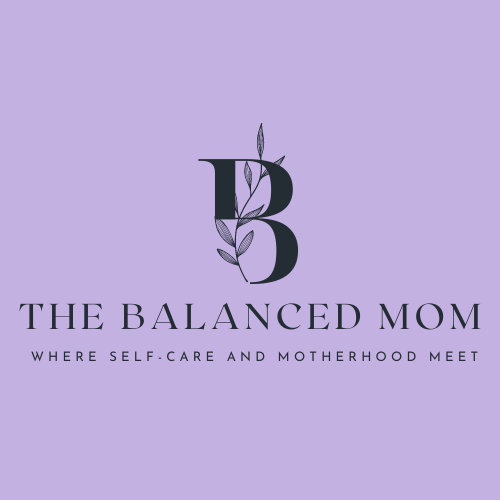We’ve all been there. Standing in Starbucks with hair in a messy bun (again), yesterday’s leggings, and a baby who had been up for half the night before. A well-meaning friend asks, “How are you holding up?” And without missing a beat, we flash that practiced smile and say, “I’m fine.”
But this week, I was not fine. And pretending we are is doing us a massive disservice.

The “I’m Fine” Epidemic
As moms, we’re caught in this weird cultural moment where we’re supposed to be grateful for everything (because we “chose” this), crushing it at work, maintaining Pinterest-worthy homes, and somehow still finding time for self-care and date nights. The pressure is real, and saying “I’m fine” has become our default response to avoid admitting we’re drowning.
I get it. I’ve been there. After my first baby, I was anything but fine. I was struggling with postpartum depression, barely sleeping, and feeling like I was failing at everything. But when people asked how I was doing, “I’m fine” rolled off my tongue like a protective shield. It felt easier than explaining the mess I was actually living in.
Why We Default to “Fine”
There’s something about admitting we’re struggling that feels like failure, especially when social media is constantly showing us highlight reels of other moms who seem to have it all together. We tell ourselves we should be grateful, that other people have it worse, that we’re being dramatic (gaslighting ourselves 😅).
We also grew up in a generation that was taught to be independent and self-reliant. Asking for help feels like admitting defeat. Plus, there’s this unspoken expectation that motherhood should come naturally, that we should instinctively know what we’re doing. When we don’t, it’s easier to say “I’m fine” than to admit we have no idea what we are actually doing.

The Real Cost of “I’m Fine”
But here’s what I learned the hard way: saying “I’m fine” when you’re not is actually doing yourself a huge disservice. When we constantly deflect and minimize our struggles, we’re:
Missing out on genuine support. People can’t help if they don’t know you need it. That mom friend who asked how you’re doing? She might be struggling too, or she might have resources, advice, or just a listening ear that could make all the difference.
Perpetuating the myth of perfect motherhood. Every time we say “I’m fine” when we’re not, we’re contributing to the pressure other moms feel to have it all together. We’re missing opportunities to normalize the reality that motherhood is hard, messy, and often overwhelming.
Ignoring our own needs. When we constantly tell ourselves and others that we’re fine, we start to believe it should be true. We ignore the signs that we need rest, help, or professional support. We push through when we should be reaching out.
Delaying getting help. This is the big one. I spent months saying “I’m fine” while battling postpartum depression. I could have gotten help sooner, felt better sooner, and been more present for my family if I’d just been honest about what I was going through.
The Power of Getting Real
When I finally stopped saying “I’m fine” and started being honest about my struggles, everything changed. I found a therapist who helped me work through my postpartum depression. I connected with other moms who were going through similar experiences. I gave my partner permission to actually help me instead of assuming I had everything under control.
It wasn’t easy at first. Being vulnerable feels scary, especially when you’re used to being the one who has it all together. But the relief of finally being honest about where I was at was incredible.

How to Stop Saying “I’m Fine”
If you’re reading this and recognizing yourself in the “I’m fine” cycle, here are some ways to start breaking free:
Start small. You don’t have to dump your entire life story on the cashier at Whole Foods. But when a close friend or family member asks how you’re doing, try responding with something more honest: “I’m having a tough week” or “I’m feeling pretty overwhelmed lately.”
Practice self-compassion. Remember that struggling doesn’t make you a bad mom. It makes you human. You wouldn’t judge a friend for having a hard time, so extend that same grace to yourself.
Get specific about what you need. Instead of just admitting you’re struggling, think about what would actually help. Do you need someone to watch the kids for a few hours? Do you need help with household tasks? Do you need someone to just listen? Being specific makes it easier for people to help.
Consider professional support. If you’re dealing with postpartum depression, anxiety, or other mental health challenges, please don’t try to handle it alone. There are therapists who specialize in maternal mental health, and many offer telehealth options that work around mom schedules.
Find your community. Connect with other moms who get it. Whether it’s through mom groups, online communities, or just being more honest with the moms you already know, having people who understand what you’re going through is invaluable.
The Ripple Effect
When we stop saying “I’m fine” and start being real about our experiences, we create space for other moms to do the same. We normalize the reality that motherhood is beautiful and hard, fulfilling and exhausting, all at the same time.
I’m 4 years in, and I’m in a much better place. But I still catch myself defaulting to “I’m fine” sometimes. The difference is that now I recognize it for what it is, a habit that doesn’t serve me or anyone else.
You Deserve Support
Here’s what I want every mom reading this to know: You deserve support. You deserve to be heard. You deserve to take up space with your struggles and your needs. You don’t have to have it all figured out, and you don’t have to pretend that you do.
The next time someone asks how you’re doing, consider pausing before you automatically say “I’m fine.” Maybe you are fine, and that’s great. But if you’re not, that’s okay too. You’re allowed to not be fine. You’re allowed to need help. You’re allowed to be human.
Your struggles don’t make you weak or ungrateful. They make you real. And real is exactly what we need more of in this world of curated perfection.
So let’s make a pact: Let’s stop saying “I’m fine” when we’re not. Let’s start being honest about the beautiful, messy reality of motherhood. Let’s support each other through the hard stuff instead of pretending it doesn’t exist.
Because when we’re real with each other, when we admit that we’re struggling, when we ask for help, that’s when the real magic happens. That’s when we find our people, get the support we need, and create the village that makes this whole motherhood thing not just survivable, but actually enjoyable.
You don’t have to be fine all the time. And you definitely don’t have to pretend that you are.

The Balanced Mom
P.S. Comment below, what’s one thing you’re NOT fine with this week? I read every comment, and sometimes we all just need someone to say “me too.”

View comments
+ Leave a comment